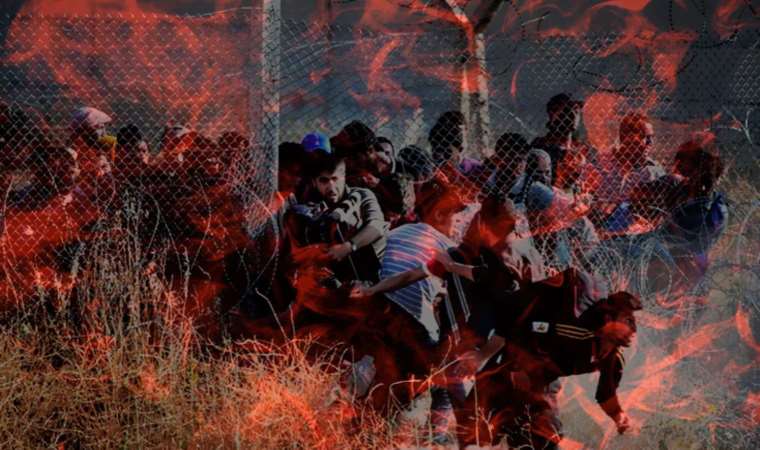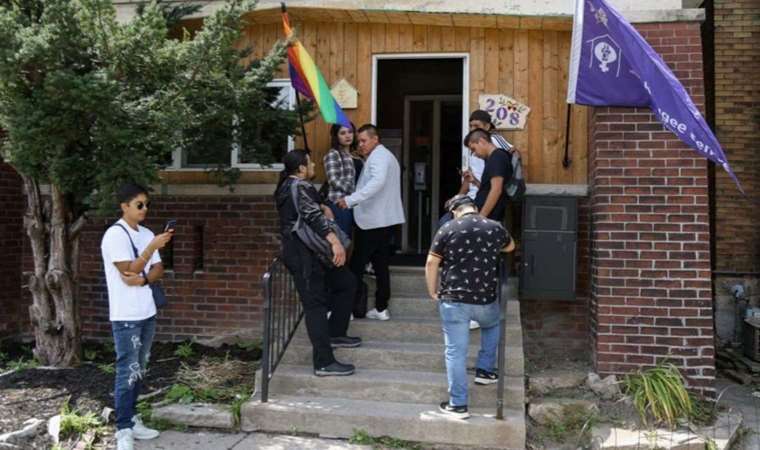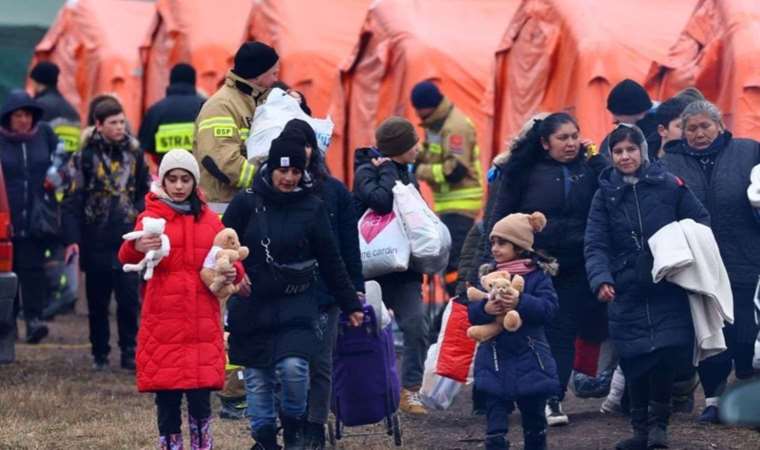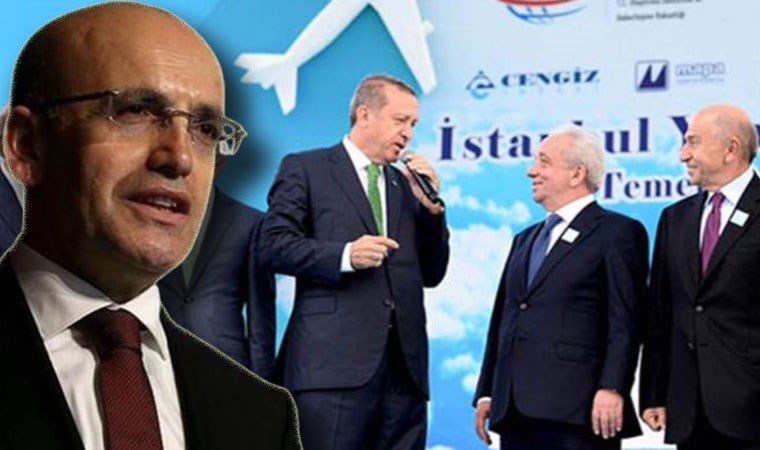Examining the Impact of Asylum Seekers and Refugees in Turkey
Prof. Dr. Osman İNCİ

Three significant phenomena loom over our future: foreign indebtment, asylum seekers/refugees, and land sales to foreigners. The global challenge of international migration compels nations to enact measures, yet the resolution lies not only in addressing these measures, but also in preventing civil strife, hunger, and human-induced environmental crises.
Historically, when the Ottoman Empire embarked on foreign indebtment and land sales, it encountered The Ottoman Public Debt Administration, the Düyun-u Umumiye (a European-controlled organization, established in 1881 to collect the payments that the Ottoman Empire owed to European companies in the Ottoman public debt). In 1985, the Constitutional Court invalidated one regulation concerning foreign real estate ownership, emphasizing that land holds a far deeper significance than mere property: "Land represents an essential element of a state, symbolizing sovereignty and independence."
Within Turkish society, a prevailing belief suggests that asylum seekers and refugees have transformed into numerical, cultural, and social threats to the Republic of Turkey. In safeguarding its unitary structure, the nation cannot permit ethnic groups, religious communities, or other social constituents to disrupt its unity. The lifestyles and actions of those who have arrived in recent years, constituting different ethnicities, warrant thorough examination.
According to the United Nations High Commissioner for Refugees, Turkey is poised to continue hosting the largest refugee population in 2023, numbering 4,990,000 individuals. Additionally, there are estimated to be between 300,000 and 2,000,000 irregular migrants.
The prerequisites for Turkish citizenship are not met by the majority. Syrians, through "exceptional citizenship," have been granted Turkish nationality. Didem Danış, President of the Migration Research Association, notes the ambiguity surrounding the criteria for exceptional citizenship. Naturalizations are no longer published in the Official Gazette, and approximately 230,000 Syrians have been granted exceptional citizenship. Surprisingly, despite 60,000 work permits issued, one million Syrians are employed.
RISING SOCIAL STRAIN
Asylum-seeker/refugee communities have emerged in various provinces and districts. These migrants, who endure exploitative labour practices, confront difficulties in accessing healthcare, psychosocial services, housing, education, and nutrition. Discrimination prevails, escalating social tensions.
The scale of potential terrorists among the uncontrolled influx of foreigners crossing the southeastern and eastern borders remains uncertain. Following Syrians and Iraqis, Afghans have started to arrive, predominantly comprising young, unaccompanied males who appear as civilians but bear no belongings or documentation.
Population distribution reveals alarming trends. İbrahim Efe's study indicates that 42.43 per cent of Kilis's population comprises migrants under temporary protection. The mayor of Hatay reports that Syrians constitute 57 per cent of the total population in Reyhanlı district.
A study by Gökhan Yıldırımkaya from the Hacettepe Institute of Population Studies on Syrian migrants presents sobering findings. Twenty-one per cent of children lack official registration, nearly half of girls over the age of six are illiterate, and men average 5.1 years of education. The fertility rate stands at 5.1 children, with 50 per cent of women aged 15-19 having an 18-month birth interval. A staggering 46 per cent of women aged 20-29 give birth in less than 24 months, while 24 per cent of women aged 30-39 have a two-year birth interval. Most men have three or four wives, and each woman bears multiple children. This exceptionally high fertility rate coupled with low educational attainment underscores a looming demographic and cultural shift.
Official data indicates that uneducated and unskilled asylum seekers/refugees make up six per cent of our country's population. Given the current reproductive rate, this proportion will multiply soon. In light of these conditions, it is imperative that Turkey ceases being the European Union's permanent border guard and instead pursues a comprehensive state policy solution to the challenge.

En Çok Okunan Haberler
-
 İstanbul'da zincirleme kaza
İstanbul'da zincirleme kaza
-
 Polis meslektaşlarına ateş etti
Polis meslektaşlarına ateş etti
-
 En yüksek faizi hangi banka veriyor?
En yüksek faizi hangi banka veriyor?
-
 Mert Hakan Yandaş'dan sosyal medyada çok sert tepki!
Mert Hakan Yandaş'dan sosyal medyada çok sert tepki!
-
 Müsavat Dervişoğlu İYİ Parti Genel Başkanı oldu
Müsavat Dervişoğlu İYİ Parti Genel Başkanı oldu
-
 Kuryeden ‘görev tamam’ pozu!
Kuryeden ‘görev tamam’ pozu!
-
 Yıllar sonra gelen itiraf: 'Onlar varsa oynamam dedim'
Yıllar sonra gelen itiraf: 'Onlar varsa oynamam dedim'
-
 Barcelona'dan Arda Güler'e büyük övgü!
Barcelona'dan Arda Güler'e büyük övgü!
-
 'Hiçbir şey eskisi gibi olmayacak'
'Hiçbir şey eskisi gibi olmayacak'
-
 Vergide 'amansız' sıfırlamalar...
Vergide 'amansız' sıfırlamalar...



















